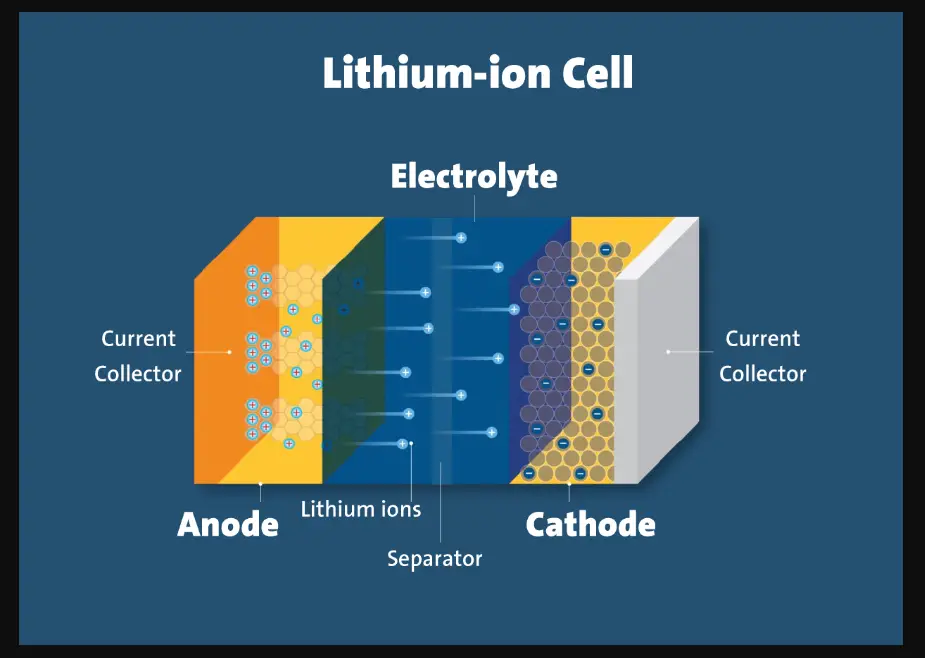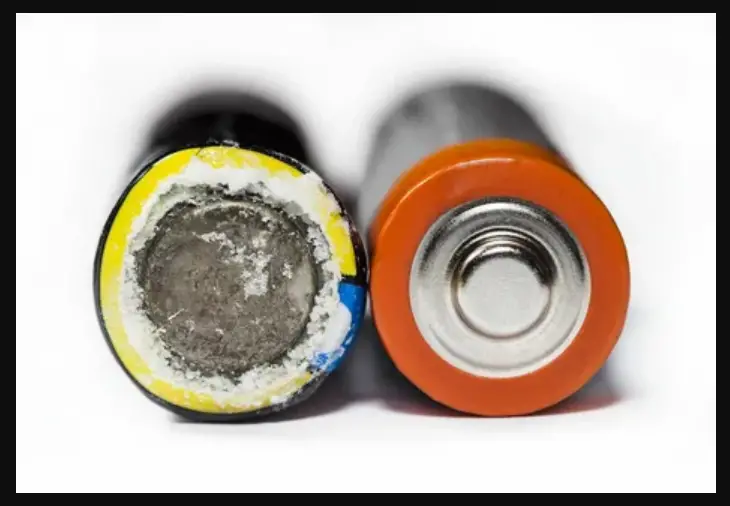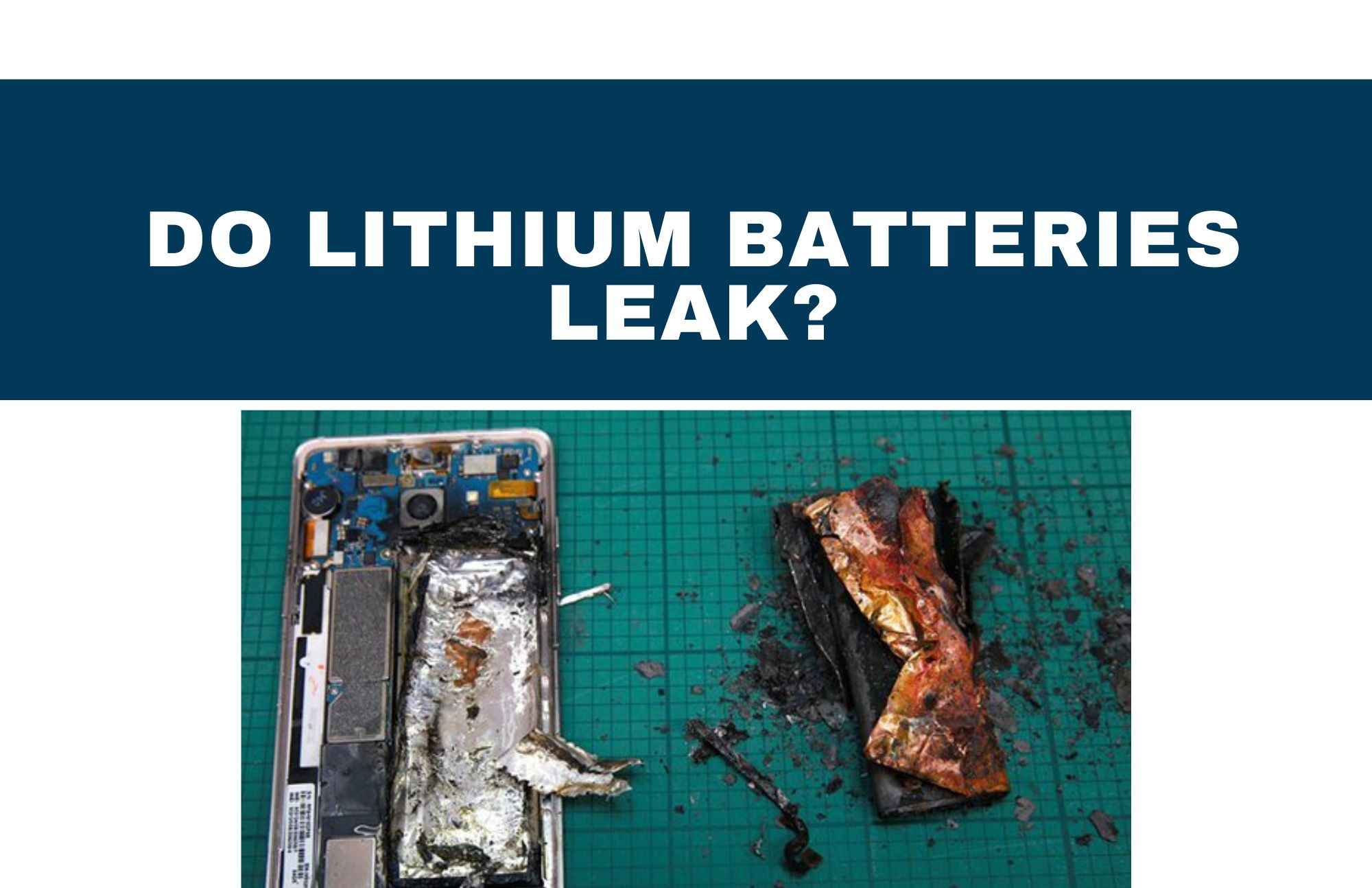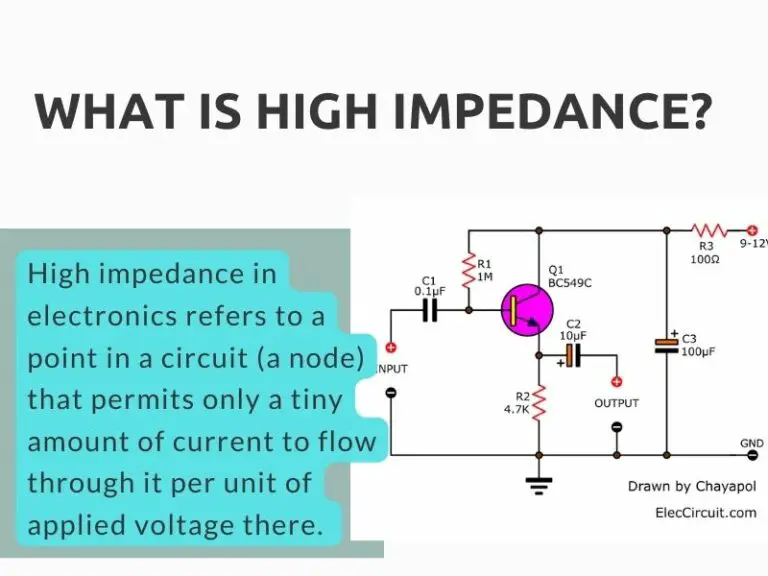Do lithium batteries leak?
From cell phones to electric cars, a wide range of products require lithium batteries. Although they have numerous advantages, including a high density of electricity and high durability, one issue that is frequently brought up is the possibility that these batteries might leak. Do lithium batteries leak?
The issue of lithium battery leaking will be covered in this article, along with its causes, symptoms, and preventative measures. We’ll also go through the risks that might result from lithium battery leaking and what to do if one is found. Consequently, this article will offer insightful knowledge on “do lithium batteries leak.”
What’s a lithium battery?

An example of a battery pack would be a lithium battery, which has its electrochemistry mostly based on lithium ions.
Due to their high energy concentration and extended lifespan, lithium batteries are still a popular option for a variety of products. In addition, they are frequently found in outdoor apparatus and mobile power tools. They usually include a cathode, an anode, as well as an electrolyte that enables the movement of lithium ions between some of the electrodes while both are charging and discharging.
Do lithium batteries leak?

Although leaks from lithium batteries can occur, they are not common.
Nevertheless, lithium battery producers have increased the safety of these cells through a number of safety features, including tension relief valves that would let out air whenever pressure increases and temperature breakers that shut off the connection if the temperature rises too much. Leakage danger is reduced thanks to these safety features.
Despite the fact that leakage can occur with any battery type, not just lithium batteries, because of its safety measures, lithium batteries experience fewer instances of it than other battery kinds.
What leads to the leakage of lithium batteries?
Overcharging
- Lithium batteries overcharged may experience leakage due to the electrolyte expanding.
Elevated Temperature
- The electrolyte may evaporate when exposed to high temperatures, which may result in leaks.
Physical Injury
- Leakage could also be brought on by physical damage to a lithium battery, including dents or fractures.
Age
- The capacity of lithium batteries declines with time, as well as the electrolyte has a chance to dry up, which might result in leakage.
Using a fake or substandard battery
- Due to improper safety systems and inferior materials, using such a fake or low-quality lithium cell might increase the likelihood of leakage.
Using an unapproved charger to recharge the battery
- Leakage could result from employing a charger that overcharges or charges at a voltage that is too excessive or fails to satisfy the voltage level requirements of the cell.
V-Moda Crossfade Wireless Battery Replacement: A Complete Guide
rlc talk
How can leaks in lithium batteries be found?
The battery swells or puffs
- The electrolyte has swelled and spilled if the battery is large or puffy.
Rusting or tainting
- Additionally, corrosion or discoloration of the batteries or the rest of the region may result from leakage.
Leakage of electrolytes fluid
- Another indication that a battery is seeping is when the electrolyte liquid, which is frequently a transparent or light-colored solution, physically leaks.
Misconfigured equipment
- Leakage might be to blame for a lithium battery-powered device’s malfunction.
Unusual odor
- A powerful, unpleasant odor might be a sign of leaking.
What dangers might arise from lithium battery leakage?
Burning and detonations
- Lithium batteries that leak can cause fires and, in exceptional circumstances, may explode.
Damage to equipment
- Lithium batteries that leak could harm the device they’re powering as well as nearby electronics and machinery.
Health risks
- If it gets on your skin or in your eyes, this electrolyte solution used during lithium batteries could be dangerous. It may irritate people or result in chemical burns. It is also harmful to breathe in the fumes released by a leaking lithium battery.
Risks to the environment
- Due to the potential toxicity of the electrolyte solution to both vertebrates and animals, spilling lithium batteries might pose a concern for the environment.
Short-circuiting.
- Explosions or fires may result from battery fault conditions brought on by a leak.
To prevent any possible risks, it’s crucial to take the appropriate safety measures and finally get rid of every leaking cell.
Milwaukee m18 battery positive and negative
rlc talk
What actions ought to be taken in the event that a leak in a lithium battery is found?
Take the battery out of the gadget that is leaking
- Removing the leaking cell from the apparatus or gadget, it is powering will require caution.
Get the leaking battery isolated
- The leaking cell should be in a secure area, far from any items that might catch fire or other machinery or equipment.
Air out the space
- Ventilate the space by opening doorways and windows and distributing any lingering odors.
If skin or eyes are exposed to the electrolyte
- The skin and eyes must be cleansed with plenty of water if such electrolyte accidentally gets in touch with them.
Obtain medical help if required
- If someone breathes in the fumes, people must leave the area as well as seek medical help if their symptoms don’t go away.
Get rid of the battery leak appropriately
- In accordance with local laws or manufacturer recommendations, the leaking cell must be appropriately disposed of.
Inspect the area for damage
- Verify whether the gear or gadget the battery was powered has any harm, and if so, think about replacing it.
How can lithium battery leaks be avoided?
Follow the directions provided by the manufacturer while using the gadget and the cell.
- When using and caring for a battery, please go by the manufacturer’s recommendations.
Do not charge the battery excessively.
- Lithium batteries that have been overcharged may experience leakage due to such electrolyte solution expanding.
Keep the battery away from hot or cold conditions.
- The evaporation of the electrolyte brought on by extreme temps might result in leaks.
Be careful not to harm the battery physically.
- A lithium battery has been physically harmed.
Only make use of genuine, high-quality cells.
- Because inadequate safety features and inferior materials are being utilized, using a fake or low-quality lithium cell might raise the danger of leaking.
Utilize only compatible chargers.
- Leaking can result from using a charger that overcharges or charges at a power that is too excessive or that fails to satisfy the voltage level requirements of the cell.
Battery leaking should be regularly checked for.
- Remove any cells that are exhibiting leakage, bloating or any other deformations by routinely inspecting the batteries for any indications of discharges.






